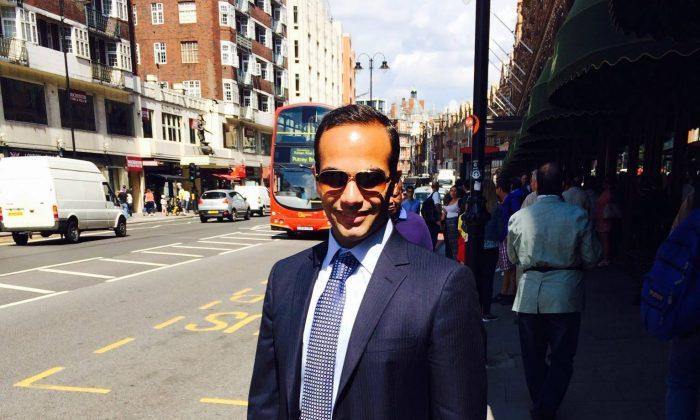News Analysis
The FBI worked hard to prove that a former campaign adviser to President Donald Trump lied to them about his exchanges with a supposed Russian contact. But the FBI showed little interest in busting the Russian contact itself.


The FBI worked hard to prove that a former campaign adviser to President Donald Trump lied to them about his exchanges with a supposed Russian contact. But the FBI showed little interest in busting the Russian contact itself.